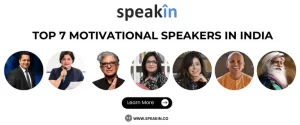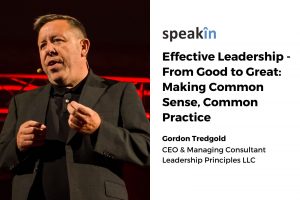Motivation- The Desire and Drive to Achieve your Goal!

All of us need motivation, whether it is at the workplace or at our homes. Whether it is not being able to complete a presentation on time or delaying that trip to the grocery store. It is not uncommon to find ourselves completely devoured of motivation or our actions completely in control by forces and factors in our environment.
Motivation – the desire and drive to achieve a task can usually be of two types.
Extrinsic motivation, which refers to the driving forces that we get from the environment whether that is incentives in the workplace or social validation and appreciation in the form of praise in the socio-cultural context.
The other type is called ‘Intrinsic Motivation’.
It constitutes the driving forces that are unaffected by the external environment and are dependent on what satisfies the individual. In other words, intrinsically motivated behaviours are those that give pleasure to the individual.
Several studies have shown that positive reinforcement in terms of providing motivation for desired behaviour is not highly beneficial for creative tasks. It is a highly effective method when it comes to mechanical and muscle oriented tasks. Duncker’s Candle Problem is one such example.

Peak Performance and Real Performance
An individual’s best performance at any given point of time is his/her Peak Performance.
It can be attributed to situational demands and the inner drive to achieve something. For example, that time when you completed 8 presentations in a day, without compromising on their quality.
Your every day performance will vary from your Peak Performance, and is usually lower than it. It is Real Performance.
So, the desire is to reach your peak performance as often as possible.
That should be the motivation to modify your actions and behavior.
Essentially, be your own competition.
People commit a common mistake of taking big leaps. Extrinsic motivators like increments, incentives or social praise often back such behavior.
For example, if you want to become the CEO of an organisation, it cannot happen overnight – not in an MNC, not even in a start-up. You have to be an employee first, a manager then, a superior then in order to become a CEO and a good one at that. Even in a start up, you might call yourself the CEO but you will be adapting to the roles of an employee and a manager.
It becomes important to stop competing with others and start competing with yourself. In the true sense of competition, nobody besides you has the same starting line as you. The constant endeavor to become a better version of yourself is the intrinsic motivation that we need.
So what we are saying is, take control – of the things that motivate you and inspire you.
Let those things come from within you instead of the environment around you. Financial and social growth will come as a by-product of the actions you take when intrinsic factors drives you.
Disclaimer:
THE VIEWS AND OPINIONS EXPRESSED IN THIS ARTICLE ARE THOSE OF THE AUTHOR AND DO NOT REFLECT THE VIEWS OF SPEAKIN, ITS MANAGEMENT OR AFFILIATES. SPEAKIN MAKES NO REPRESENTATION AS TO ACCURACY, COMPLETENESS, CORRECTNESS, SUITABILITY OR VALIDITY OF ANY INFORMATION ON THIS ARTICLE AND WILL NOT BE LIABLE FOR ANY ERRORS, OMISSIONS OR DELAYS IN THIS INFORMATION OR DAMAGES ARISING FROM ITS DISPLAY OR USE.






Amazing job here.You know what?I LOVE this topic you made.Very useful.Its so chock full of useful informations i cant wait to dig deep and start utilizing the resources you have given me.Your exubernace is refreshing.Keep up the amazing work!
I just wanted to write down a small message so as to say thanks to you for some of the nice facts you are showing at this website. My prolonged internet look up has now been honored with professional ideas to go over with my relatives. I ‘d declare that many of us site visitors actually are undeniably fortunate to exist in a superb site with many special individuals with very helpful ideas. I feel rather blessed to have used the webpage and look forward to really more cool times reading here. Thanks a lot again for all the details.